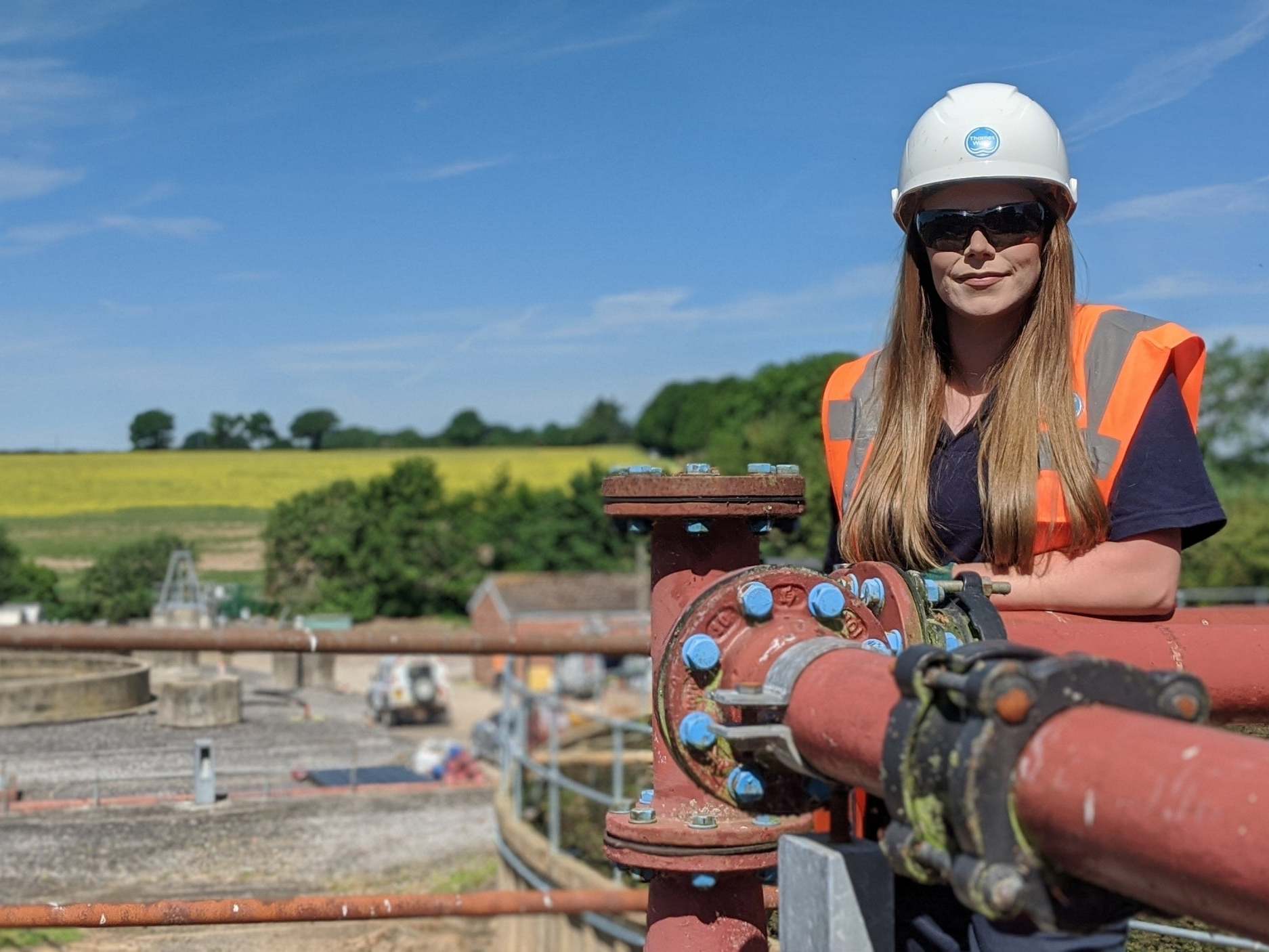Surge in women applying for manual jobs after wording in adverts made less ‘masculine’
‘Language matters. Words reflect cultural norms and maintain social realities,’ campaigner says

Your support helps us to tell the story
From reproductive rights to climate change to Big Tech, The Independent is on the ground when the story is developing. Whether it's investigating the financials of Elon Musk's pro-Trump PAC or producing our latest documentary, 'The A Word', which shines a light on the American women fighting for reproductive rights, we know how important it is to parse out the facts from the messaging.
At such a critical moment in US history, we need reporters on the ground. Your donation allows us to keep sending journalists to speak to both sides of the story.
The Independent is trusted by Americans across the entire political spectrum. And unlike many other quality news outlets, we choose not to lock Americans out of our reporting and analysis with paywalls. We believe quality journalism should be available to everyone, paid for by those who can afford it.
Your support makes all the difference.More women have put themselves forward for manual frontline jobs at Thames Water after the company altered the “masculine coded” phrasing of its recruitment adverts.
The firm used an online tool that detects hidden implications in language after only 8 per cent of applicants for sewage work technician jobs were female.
It identified words like “competitive”, “confident” and “champion” as “masculine coded." This prompted Thames Water to include phrases such as such as “we welcome people who want to learn and be team players” in a new advert for a process technician role.
Since the launch of the new advert for the role, which pays £13 an hour, the proportion of female applicants to the position has risen to 46 per cent.
The drive to recruit more women into operational roles was led by Thames Water’s women’s network and came ahead of International Women in Engineering Day on Tuesday.
Lucia Farrance, who led the project, said: “In order to bring about real change, women need more seats at the table and I am really proud that this initiative is starting to achieve just that.
“There is a huge pool of untapped female talent out there and it is great to see some of that showing through in the recruits coming into the frontline teams at Thames Water. Gender should never be a barrier.”
Rachael Trigg, a 24-year-old mother-of-one, who is now responsible for maintenance and repairs at Chieveley Sewage Works in Newbury, Berkshire, was one of the successful applicants for the job.
“There might be certain things I can’t do, like heavy lifting, but we’re a team so we help each other out,” she said. “I don’t see anything here that makes it a male-specific role. Women are really missing out if they think a job like this isn’t for them.”
Jacqui Hunt, of Equality Now, a non government organisation which aims to promote the rights of women and girls, told The Independent the use of “gender-biased language can subconsciously influence” the way individuals view each other.
“Thankfully, there is growing awareness of the negative impact that gendered language can have and an understanding that ungendering language has an important role to play in tackling sexism,” she added.
“Now instead of fireman, we say firefighters, policemen and policewomen are police officers, and air hostesses are cabin crew. These positive shifts in language reflect how jobs that were once perceived as ‘male’ or ‘female’ are no longer divided upon these exclusionary lines.
She added: "Language matters. Words reflect cultural norms and maintain social realities. Everyone should be able to see their potential in a role and that they are welcomed into it."
According to a report published by Teach First earlier this year, just 12 per cent of engineers and 13 per cent of science, technology, engineering and maths (Stem) workers in senior positions are female. It also highlighted how a lack of Stem expertise costs businesses £1.5bn a year.
Teach First warned a dearth of role models for young girls was exacerbating already entrenched gender prejudices and stereotypes and deterring them from studying Stem subjects after GCSE.
Girls from disadvantaged backgrounds are least likely to choose such subject areas and are seven times less likely to pick A-level physics than a boy from a more advantaged background, the charity found.
Joe Levenson, of Young Women’s Trust, told The Independent: “Our education system, society and culture too often tell us that women are only fit to work as carers, administrative support or beauticians but this couldn’t be further from the truth. Employers need to break down barriers and create opportunities for women to be able to bring their endless experience and talents to the table, which is why it’s great to see Thames Water doing this.
“Smashing career stereotypes by changing recruitment processes, like being transparent about pay and progression, are an important step but it doesn’t stop there. We must build equal workplaces too. Tackling gender pay gaps, opening up flexible working and pledging a commitment to stamp out sexism and discrimination will all play their part if we are to see true equality for women at work.”
Join our commenting forum
Join thought-provoking conversations, follow other Independent readers and see their replies
Comments